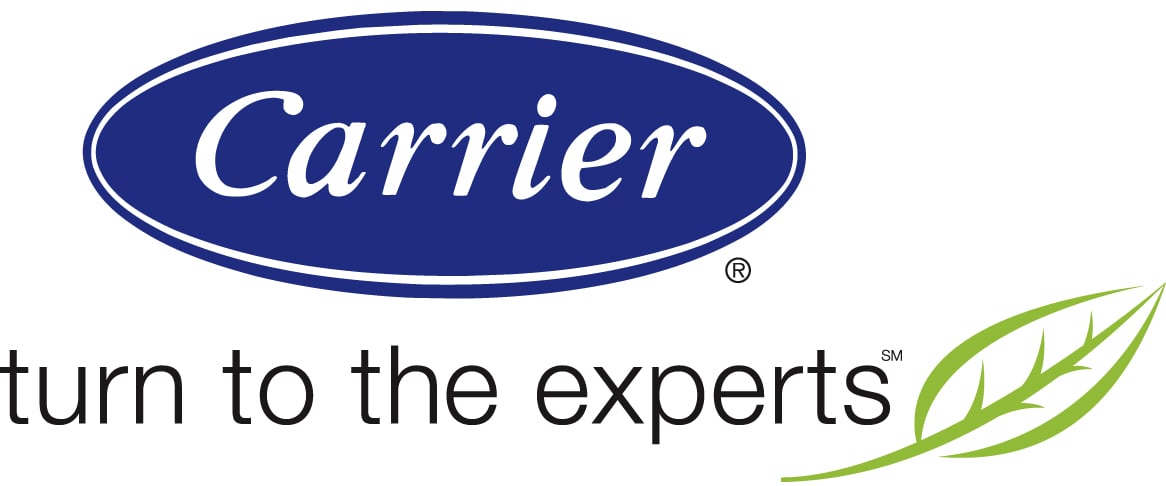
Perhaps you’ve recently heard something about high efficiency filters for your HVAC system. Or maybe a friend has suggested you can improve the quality of your indoor air with one. Now you’re wondering just what a high efficiency filter does differently than your regular HVAC filter – and if switching to one might be right for you. To help you decide, let’s explore the advantages and disadvantages of high efficiency filters.
Regular Filters vs High Efficiency Filters
A regular HVAC filter – usually about an inch thick – is primarily designed to protect your system’s equipment from large particle dust and other contaminants. It’s not meant to significantly improve indoor air quality, as many homeowners believe. While a regular filter will get the big stuff out of the air, it won’t help with smaller particles that can affect your air quality, and consequently your family’s health. It’s just not designed for that purpose according to our Stay Comfy HVAC expert Keith Hill, manager of technical support at Minnesota Air.
On the other hand, that’s exactly what high efficiency filters are meant to do. “High efficiency filters are a great way to provide cleaner air for you and your family," Keith says. "Some can remove even microscopic particles like viruses, mold spores, and cigarette smoke."
Top Benefits
High efficiency filters can provide real health benefits. As Keith points out, “Many people with health issues like asthma or allergies can benefit greatly with cleaner air.” Their benefits include:
- Reduction of Allergens
- Fewer Respiratory Irritants
- Less Dust In The Air
- Cleaner Smelling Air
- Ductwork and HVAC Components Stay Cleaner
A Word of Caution
With all their advantages, it might be tempting to immediately switch to high efficiency filters. But keep in mind that they have to be compatible with your HVAC system. Keith reminds homeowners that before switching you should check with your HVAC pro to make sure your system can handle the upgrade. Buying the wrong filter for your system can create trouble with your system if it reduces airflow.
“There are many high efficiency filters on the market today, but many are made by companies that are not familiar with the airflow requirements of modern furnaces. Replacing a standard 1” thick filter with a high efficiency filter without verifying the airflow is literally gambling with the reliability and longevity of your furnace and air conditioner,” Keith says. “Low airflow due to a high efficiency filter that is too restrictive is like operating with a dirty filter. In AC mode, it can cause coils to freeze and may lead to compressor failure, and in heating mode, it can cause overheating which can lead to heat exchanger failure.”
Since every system is different, a pro can determine with a simple airflow test the type of filter your system needs or if modifications can be made to help it run even better.
Other Helpful Tips
Whether you’re using traditional or high efficient filters, there are some “filter basics” every homeowner should be familiar with.
Choosing the Right Filter
There are lots and lots of types and brand of filters out there. Picking the right one for your system can be a challenge. That’s why we created this guide for choosing the right filter.
Understanding MERV
One of the many acronyms in the HVAC world, MERV stands for Minimum Efficiency Reporting Value, and it’s the efficiency rating for filters. You can read more about what it means for you and your system in our handy guide.
Changing Your Filter
No filter can do its job if it’s clogged and dirty. That’s why HVAC pros recommend changing yours often. Most recommend inspecting your filter monthly and changing as soon as it's showing signs of dirt, dust, and clogging. To learn more about why this is so important, check out our recent article.





